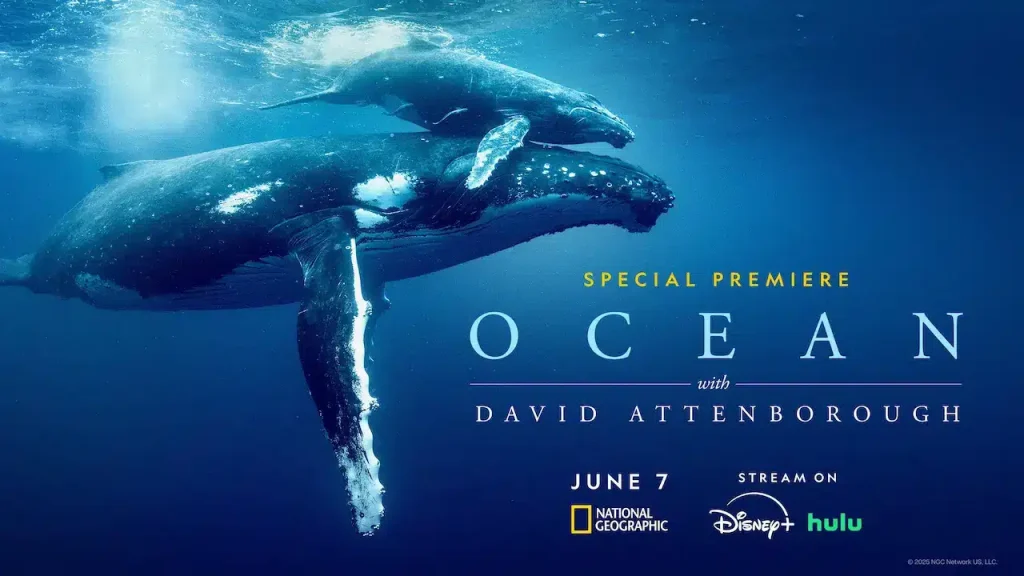The Significance of Our Oceans
In recent years, the conversation around the ocean’s health has grown increasingly urgent. The ocean, which covers over 70% of our planet’s surface, is not just a body of water; it’s a vital resource that supports life and regulates the Earth’s climate. However, this precious environment remains underappreciated and threatened by various human activities.
Understanding World Oceans Day
World Oceans Day, celebrated on June 8, serves as a reminder of the ocean’s significance. Established officially in 2008, this day encourages a global movement to acknowledge the benefits provided by the oceans and to take action for their protection. Each year, a new theme highlights different aspects of ocean conservation, bringing attention to the challenges that face marine environments worldwide.
The Ocean’s Role in Climate Regulation
The ocean plays a critical role in regulating the Earth’s climate. It acts as a massive heat sink, absorbing carbon dioxide and mitigating climate change impacts. Moreover, its vastness holds a staggering amount of biodiversity, housing countless species and ecosystems that directly or indirectly benefit human life.
Human Dependency on Ocean Resources
Despite our profound reliance on the ocean for food, transportation, and recreation, it receives less attention and fewer resources than it deserves. With over three billion people relying on the ocean for their primary source of protein, its health directly impacts global food security. Furthermore, tourism related to coastlines and marine environments creates jobs and contributes positively to local economies.
Challenges Facing Our Oceans
The challenges confronting ocean ecosystems are numerous. From pollution to overfishing and climate change, each issue threatens the delicate balance that sustains marine life. The effects of plastic pollution alone have garnered attention, as vast quantities of waste accumulate in ocean gyres, harming wildlife and habitats.
David Attenborough’s Ocean Initiative
Renowned naturalist Sir David Attenborough, as he approaches his 100th birthday, aims to raise awareness about these issues through his new film. The film emphasizes his belief that the future of life on our planet hinges on the well-being of our oceans. He finds hope in the resilience of marine ecosystems, noting that “if left alone, the ocean may not just recover but thrive.” This is a rallying call for leaders on the global stage to take action and genuinely protect marine territories.
Actionable Steps for Recovery
One of the key messages from Attenborough is that conservation is not futile. Promises have been made to protect a significant portion of the world’s oceans, but effective action is needed to turn these commitments into reality. Various organizations, including GetTransfer.com, support eco-friendly travel options that reduce carbon footprints while exploring beautiful coastlines. Prioritizing sustainable transportation options provides insight into the interconnection between travel and conservation for the oceans’ future.
Hope for the Future of Ocean Health
While the state of the world’s oceans often seems daunting, there remains reason for optimism. Discoveries reveal that marine ecosystems can recover more quickly than previously thought when given the chance. Conservation efforts, especially those backed by films and campaigns, can serve as catalysts for greater public awareness and policy changes.
The Role of Individuals and Organizations
- Educate others about ocean conservation.
- Participate in or support local clean-up initiatives.
- Choose sustainable travel options.
Even small steps taken by individuals can collectively amplify the impact significantly. While expert opinions and reviews provide a foundation for understanding the ocean’s plight, nothing compares to personal experience. Thus, those planning trips to coastal or marine destinations can choose sustainable transportation options, such as booking through GetTransfer.com, where users can select their preferred vehicle based on specific needs and preferences.
The importance of our oceans cannot be overstated; they are crucial not only to global biodiversity but also to human survival. The interplay between conservation, travel, and how societies interact with the ocean is more important now than ever. GetTransfer.com stands as a bridge, allowing users to make informed travel decisions that factor in environmental sustainability while providing options that suit various budgets and preferences. For your next trip, consider the convenience and reliability of GetTransfer.
The ongoing conversations around ocean conservation shed light on its vital role in our ecology. Our blue planet is not just a backdrop for our adventures; it is a lifeline for countless species, including humans. By prioritizing sustainable practices, we can ensure our oceans flourish for generations to come. Secure your travel plans with GetTransfer.com for a convenient and eco-conscious journey—Book your Ride GetTransfer.com.


Comments